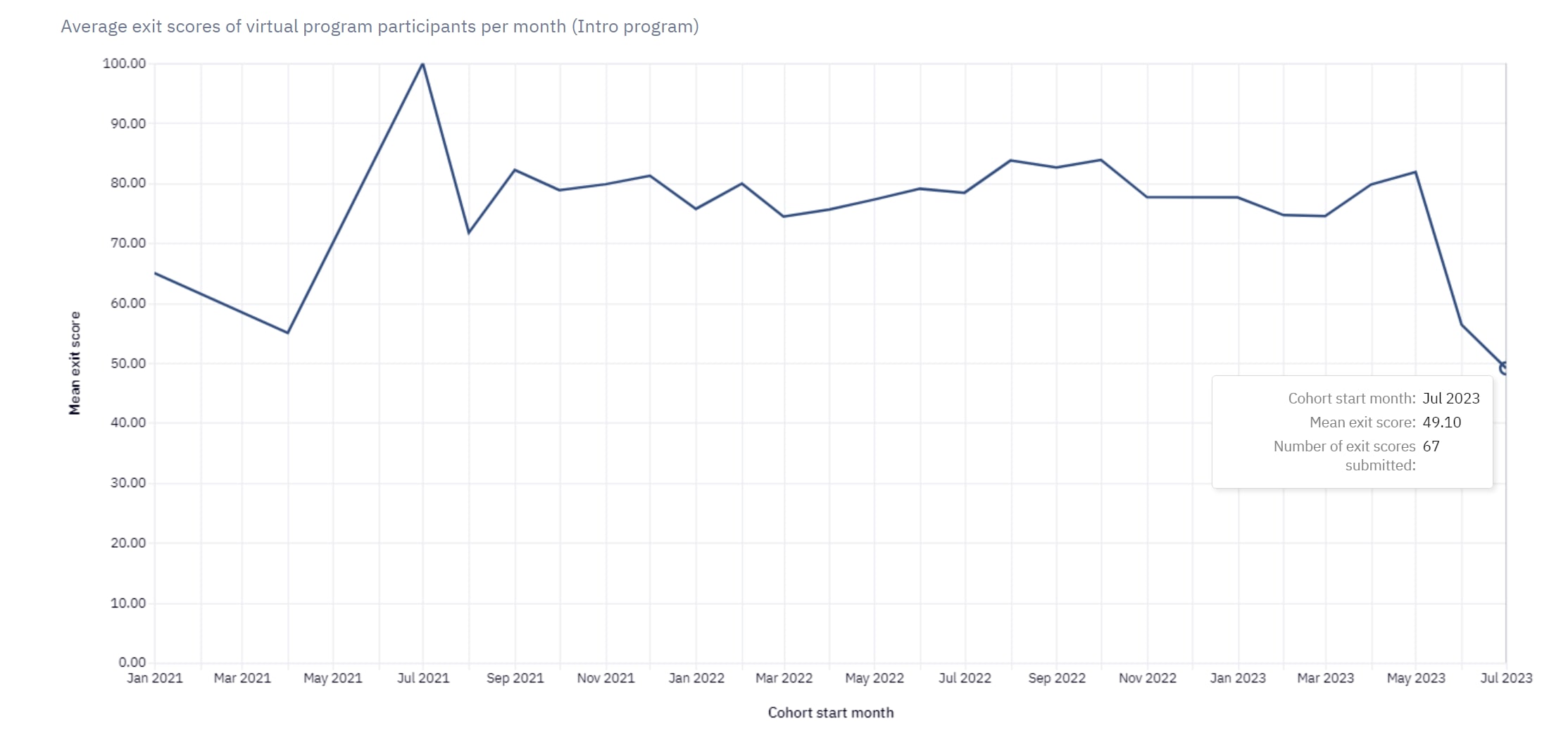Welcome!
If you're new to the EA Forum:
- Consider using this thread to introduce yourself!
- You could talk about how you found effective altruism, what causes you work on and care about, or personal details that aren't EA-related at all.
- (You can also put this info into your Forum bio.)
Everyone:
- If you have something to share that doesn't feel like a full post, add it here! (You can also create a quick take.)
- You might also share good news, big or small (See this post for ideas.)
- You can also ask questions about anything that confuses you (and you can answer them, or discuss the answers).
For inspiration, you can see the last open thread here.
Other Forum resources



A thought, with low epistemic confidence:
Some wealthy effective altruists argue that by accumulating more wealth, they can ultimately donate more in the long run. While this may initially seem like a value-neutral approach, they reinforce an unequal rather than altruistic distribution of power.
Widening wealth disparities and consolidating power in the hands of a few, further marginalises those who are already disadvantaged. As we know, more money is not inherently valuable. Instead, it is how much someone has relative to others that influences its exchange value, and therefore influence over scarce resources in a zero-sum manner with other market participants, including recipients of charity and their benefactors.
While I agree to the fact that more money is not inherently valuable, I believe that there is a valid case for patient philantropy, which you haven not engaged with in your critism of the concept.
Moreover, I disagree with the statement that unequal distributions of power are conceptually opposed to distributions that maximise welfare impartially in light of the argument that it is likely good to increase the power of agents who are sufficiently benevolent and intelligent.
I assume that you refer to distributions of power which maximise welfare impartially b... (read more)